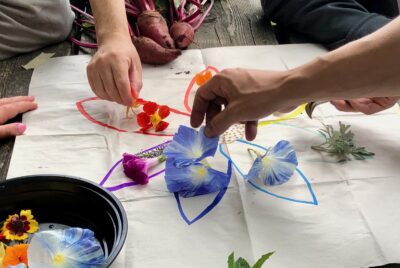RESEARCH
Ecotherapy – A Forgotten Ecosystem Service: A Review
Summary
This paper reviews the concept of ecotherapy, which refers to the therapeutic benefits of interacting with nature, and highlights its role as an overlooked ecosystem service. The authors explore how activities like gardening, walking in green spaces, and wilderness therapy can improve physical and mental health by reducing stress, enhancing mood, and aiding recovery from illnesses. For example, studies show that patients recovering from surgery experience faster healing and less pain when exposed to natural views or indoor plants. Similarly, ecotherapy has been effective in addressing conditions like PTSD, ADHD, dementia, and obesity by promoting relaxation, improving attention, and encouraging physical activity. The paper emphasizes that reconnecting with nature is essential for well-being and argues that modern lifestyles have distanced people from this vital resource.
The review also discusses how ecotherapy supports developmental aspects like creativity, cognition, and emotional resilience in children and adults. It highlights the broader societal benefits of integrating nature-based interventions into healthcare and urban planning to improve community health. Despite strong evidence for ecotherapy’s benefits, the authors note that it remains undervalued in environmental and healthcare policies. They call for greater recognition of this ecosystem service and advocate for preserving natural spaces to ensure access to these therapeutic benefits.







